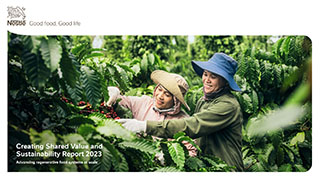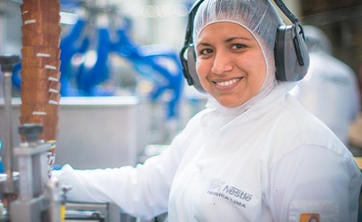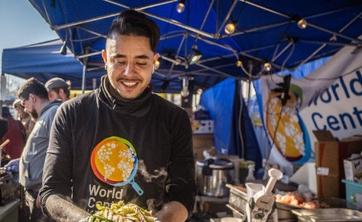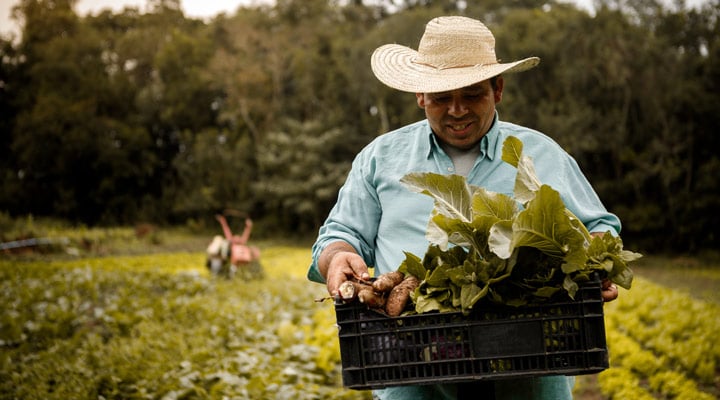Empowering women

Empowering women is a key part of our approach.
Our goal is to ensure women feel supported, valued and respected. We have been working to balance the gender makeup of our workforce and leadership. As a result, the proportion of women in managerial positions is increasing, including in our most senior executive posts.
We also look to the next generation by partnering with nonprofits, funding scholarships designed to harness business skills, hosting competitions and offering mentorships for young female entrepreneurs. In the agricultural communities that cultivate and process our raw materials, we are also working to improve the economic, social and cultural outlook for women through a host of different programs.
Empowering women in our business and value chain
We are proud of the progress we have made to empower women, particularly within our own workforce. We carefully monitor our succession planning to maintain the right pipeline for our most critical business roles. We also provide career support and guidance through our Senior Leader Development Roadmap (Corporate Mentoring Program, Senior Leaders Development Assessment Center and Senior Executive Program). We are determined to maintain the pace of change. To help achieve this goal, we also look to other companies, working in partnership to hold up a mirror to ourselves and ensuring that we can collectively progress.
The Nestlé Salient Issue Action Plan for Gender Equity, Non-Discrimination and Non-Harrassment seeks to build understanding of gender topics and needs, with clear steps for addressing them between now and 2025. The action plan contributes to the Nestlé Human Rights Framework and Roadmap which supports a just transition toward regenerative food systems.
Addressing sensitive issues
We constantly review our policies and guidance documents to ensure they reflect the latest thinking on sensitive issues. Examples include our Policy Against Discrimination, Violence and Harassment at Work, and ongoing training on unconscious bias.
We are proactively training all employees on unconscious bias and sexual harassment prevention and our Policy Against Discrimination, Violence and Harassment (pdf, 3Mb) at work has now been implemented across all markets. We have also put in place global guidance for providing support to employee victims of domestic violence or abuse.
Creating an inclusive culture for new parents
We support new parents and have rolled out our Global Parental Support Policy (pdf, 3Mb) in 100% of our markets. All primary caregivers in the company have the right to a minimum of 18 weeks of paid leave to care for new children. Secondary caregivers also receive four weeks’ minimum leave.
Being transparent in advancing women’s issues
We believe in being open and honest when it comes to reviewing our progress against the goals we create for ourselves. By opening ourselves up for criticism, it ensures we remain accountable. Building on our pledge to accelerate the pace toward equal pay for equal work between men and women, we undertake a Global Equal Pay review annually and take actions based on its findings to eliminate systemic pay gaps and the conditions that create them.
We are proud that the Bloomberg Gender Equality Index recognized Nestlé for our transparency in gender reporting and advancing women’s equality in the workplace for the fifth consecutive year. We are also delighted to feature in Forbes’ European Diversity Leaders list and the European Round Table for Industry’s Diversity & Inclusion Toolkit of best practices.
Building on Nespresso’s gender equality initiatives
As a signatory to the United Nations Women’s Empowerment Principles (WEPs), Nestlé has extended its commitment to promoting gender equality and women’s empowerment in the workplace, marketplace and community. The seven Principles are informed by international labor and human rights standards and recognize the role of business in promoting gender equality and women’s empowerment.











